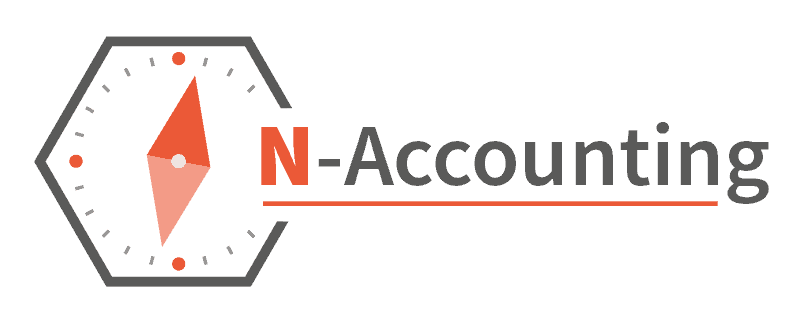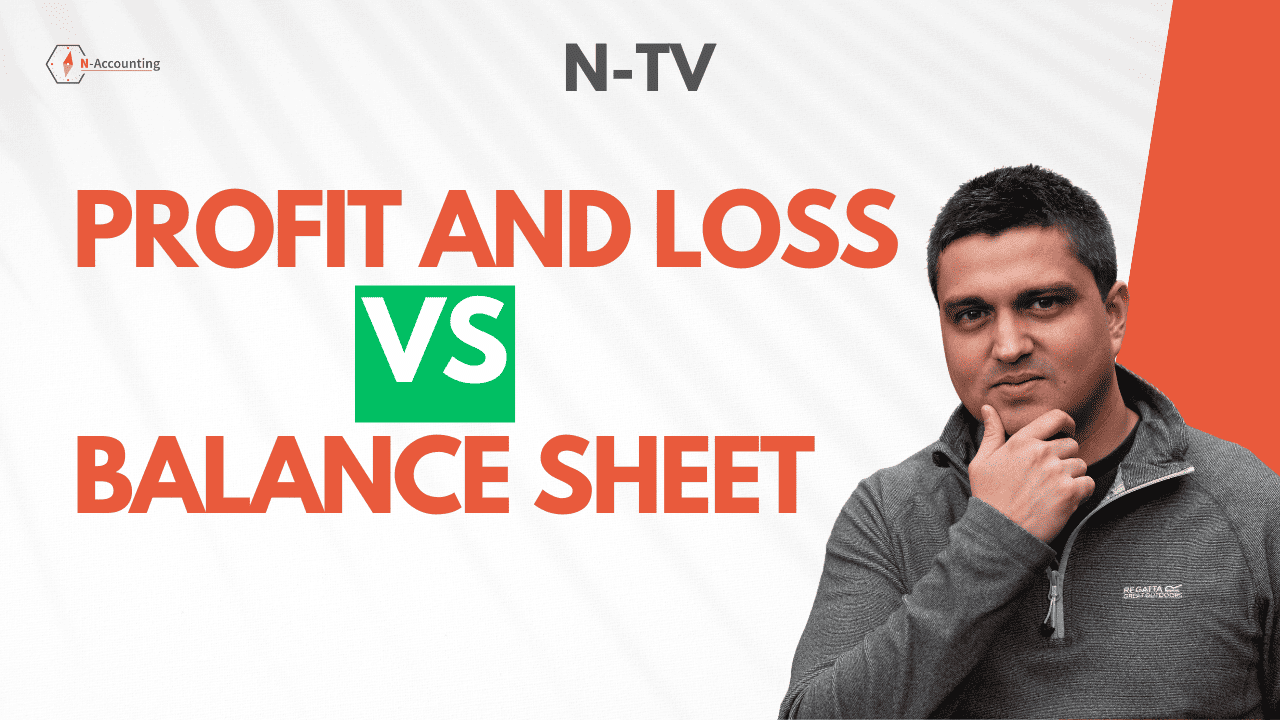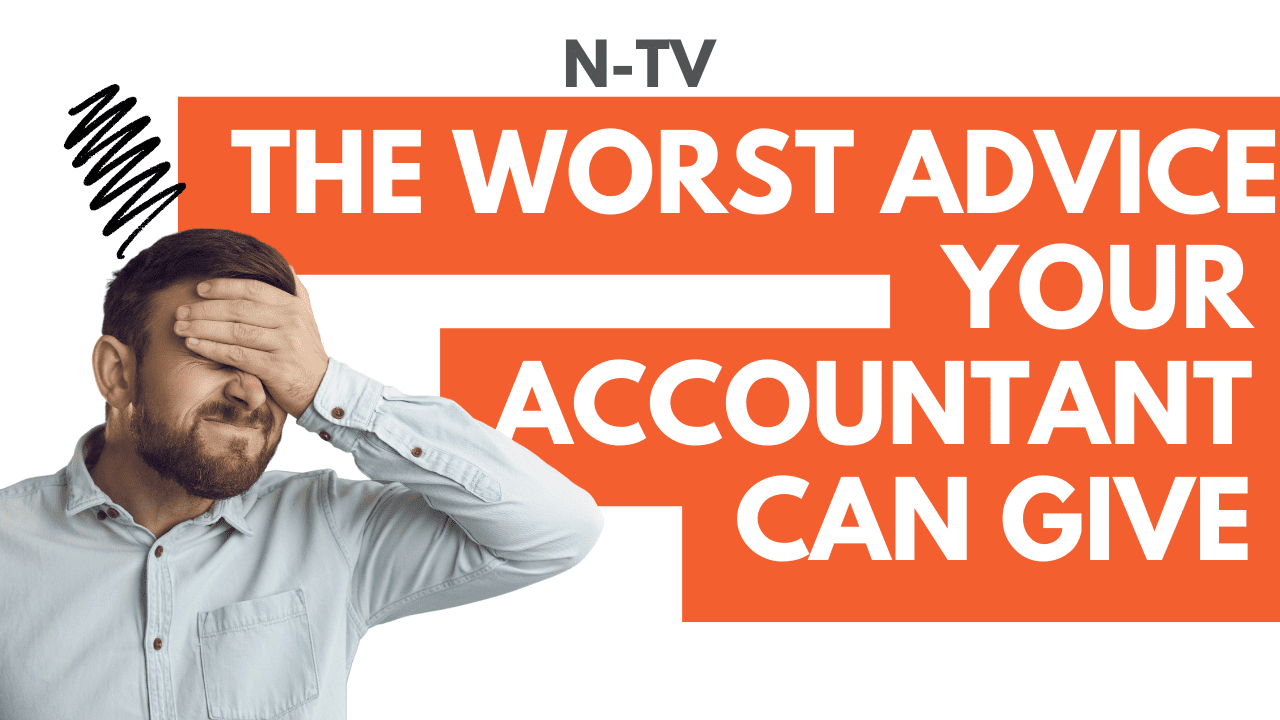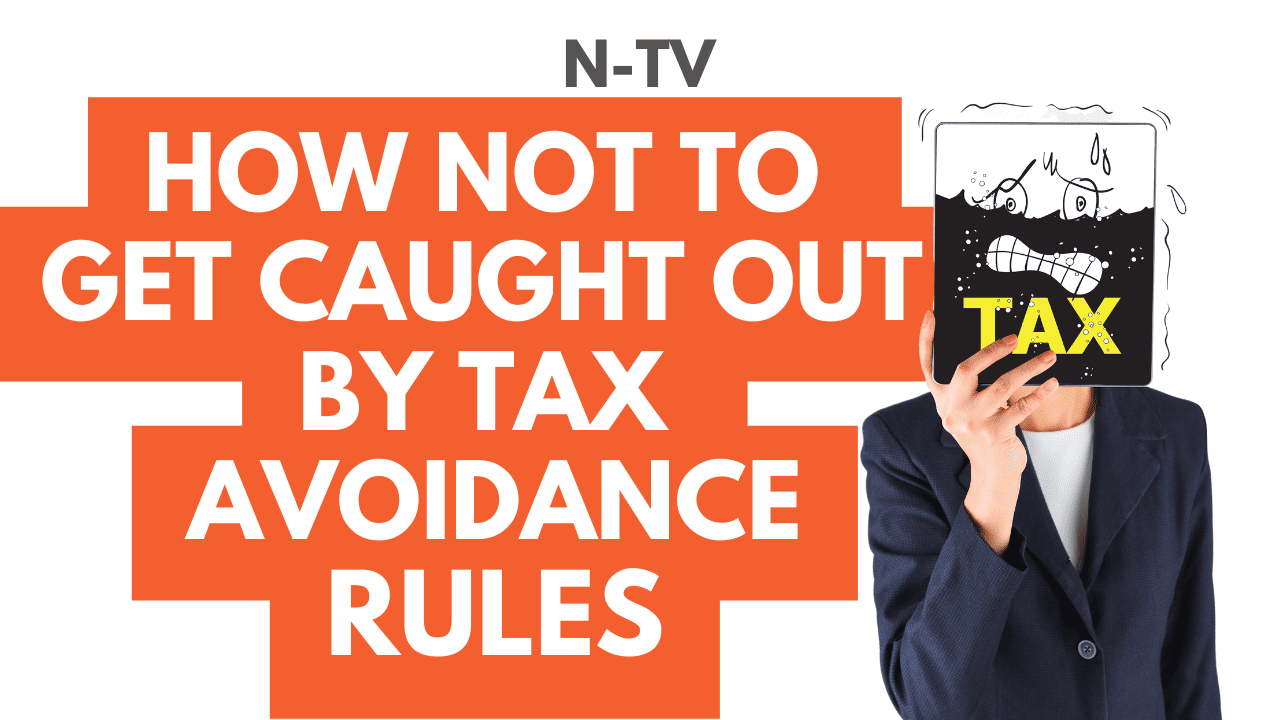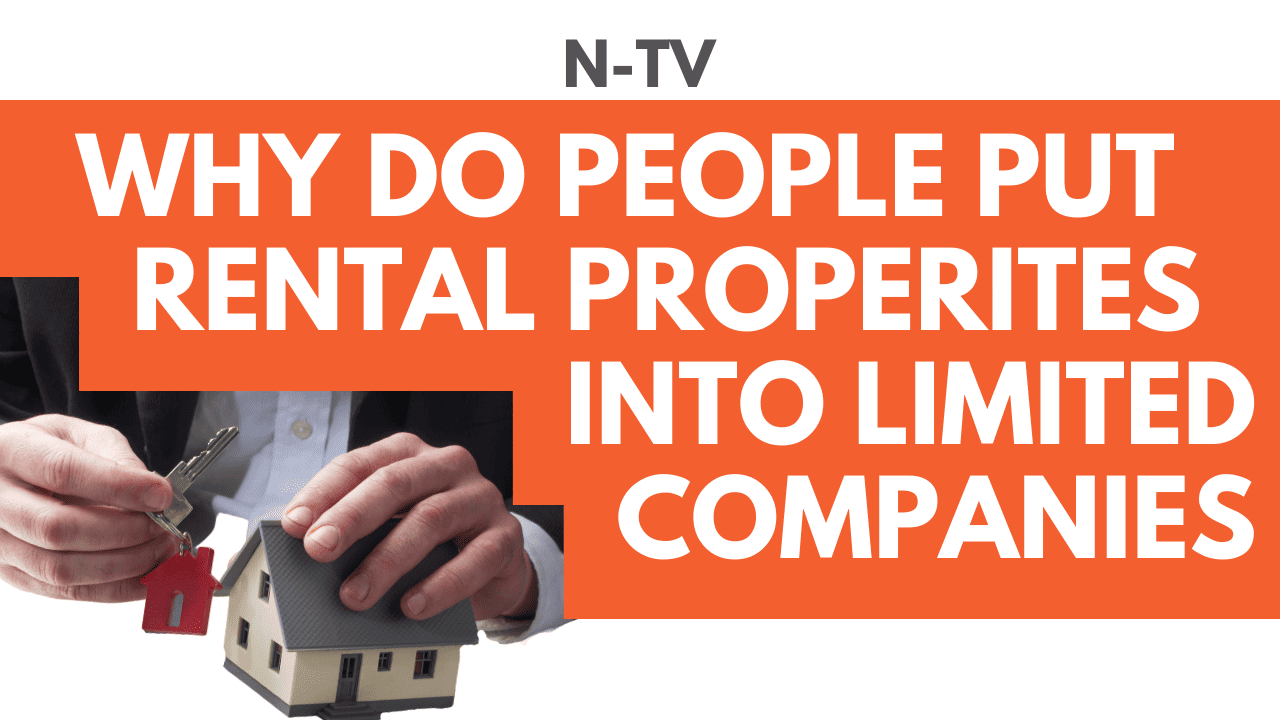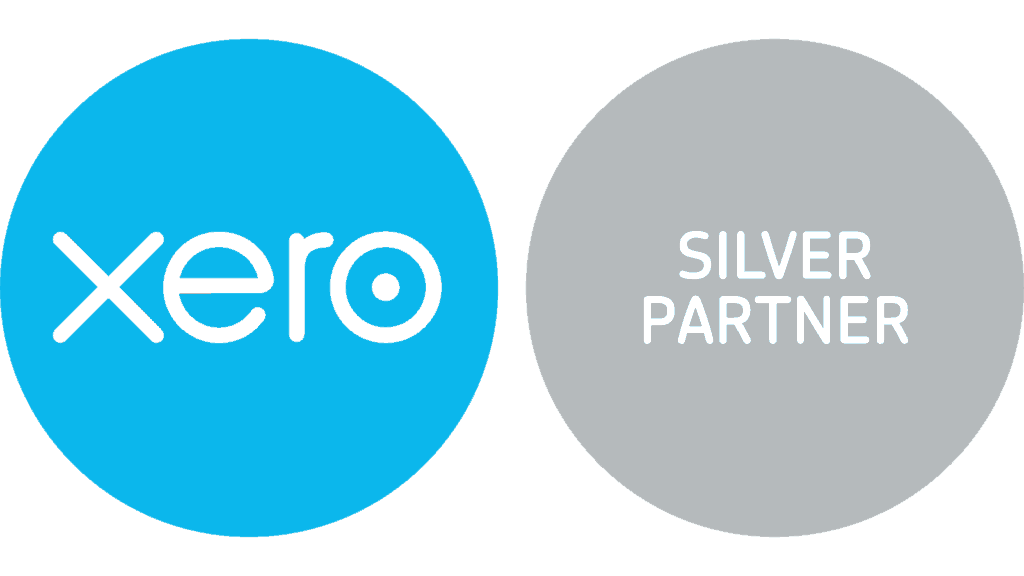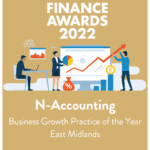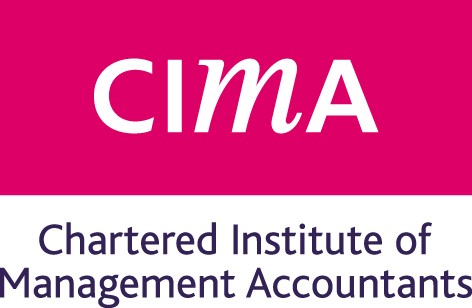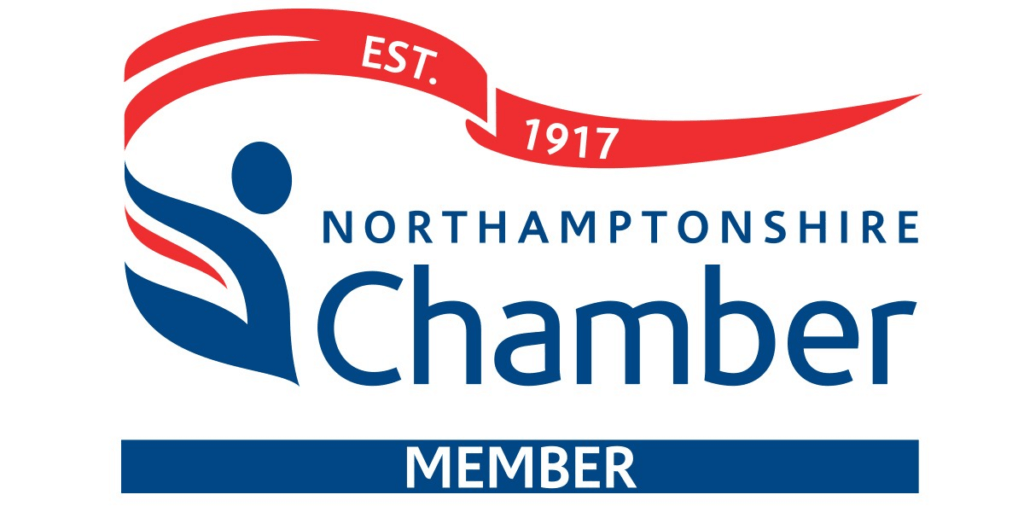Most businesses are started without proper financial planning. While you might factor in the expenses for your premises, employee salaries, advertising and warehousing, many essential costs are often not considered. While running a business, when these unavoidable expenses turn up, they can cause a huge dent in your cash flow and working capital.
45% of businesses fail in the first five years. As one of the foremost accountants in Milton Keynes, we can say this can partly be contributed to poor financial budgeting. There are many expenses that are not too apparent at the beginning and can be missed easily. While these vary from business to business, there are some common expenses that remain the same for most businesses. Let’s have a look at some of these unavoidable costs that can make or break or your business:
“Long term thinking and planning enhances short term decision making. Make sure you have a plan of your life in your hand, and that includes the financial plan and your mission.” ― Manoj Arora
1. Insurance
Insuring your business and your people is of utmost importance. Insurance will mitigate your risks in case of unforeseen circumstances. It provides coverage for loss for you and your employees. If you are building a business, an insurance is an investment against multiple factors that can force you to close down if you do not have an insurance to bail you out.
It is possible that you might have considered the insurance for your business to protect yourself from losses that can occur during the normal course of business. However, insurance can be pricier than expected. It would be advised to have an insurance broker guide you, so you have the closest estimate to which insurance suits you best and how much would it cost. Without insurance, business owners have to pay for losses and legal claims from their pocket. The following insurance policies are an investment for an unpredictable future:
- General insurance: protects your business from unforeseen loss, theft, etc.
- Medical insurance: this would be advisable if you have a high-risk work site like a construction business where your employees could get hurt.
- Employer’s liability insurance: This is compulsory as you are responsible for the health and safety of your employees.
- Commercial vehicle insurance: Any vehicles used for your business need to be fully insured.
- Professional liability insurance: Businesses are often caught up in legal issues and legal claims and fees can quickly eat up your funds. This insurance will protect you against any potential lawsuits that result from mistakes or failure to perform.
In the beginning, with a few employees to start with, your insurance premium might not feel like a big monthly expense. However, as you grow and add more people to your business, your insurance cost can grow to be sizable.
2. Business Licenses
Having the right business license is mandatory to be in line with the law. Getting a permit or license requires certain paperwork, legal documents (which might need a solicitor) and getting permits from local and central government bodies. Business licenses and permits have costs that are easy to overlook.
Licenses tend to be specific to the industry you belong to. Depending on your business, you might need to get more than one permit. For example, Accountants in MK, and in the UK in general, need 5 different licenses: Financial Conduct Authority (FCA) authorisation, Notification to process personal data, Money laundering registration, Become a registered auditor and Authorisation to act as an insolvency practitioner.
if you have a beauty salon, you might need to get a license from your local council which permits you to practice as well as a license from the environmental health section of your local authority. You will need a license to install CCTV cameras, another permit to play background music and another if you want to treat your customers to some television. In case, if you install signage in front of your building, you’ll need a permit for that too.
Licenses and permits are not a onetime expense, it is an annual expense and needs to be budgeted as a recurrent expenditure. Another factor to consider is that you need to have different permits for all your branches that are in various locations. Government policies can also affect the costs of licenses.
There are legal and financial hoops to jump through when you start a business and permits and licenses are critical ones. It would be best to research well and include all licenses in your planning to avoid any future financial or legal distress.
3. Investing in employees
The more you grow in terms of your business, the more people you need to hire. Hiring competent and talented individuals is a cost, training them is another and retaining them is the most tedious of them all. Employee expenses, aside from their salaries, include insurance, benefits, training and development and taxes.
Hiring employees itself costs money. From placing advertisements to spending hours on the hiring process, hours that could be spent on sales and marketing. Training and development of employees is also an expenditure that should be on the balance sheet as it is significant.
While all these expenses might skew your profit and loss statement initially, investing in your employees is absolutely necessary. Having an employee who understands your business principles and is aligned with your values and aims is critical. Having the wrong person as part of your team can spell doom quite fast, and can be an expensive burden.
Looking after your employees is the best kind of investment for your future and theirs. However, make sure every expense that is made to establish loyalties and keep motivation high is well thought off and part of your budget.
The only thing worse than training your employees and having them leave is not training them and having them stay. – Henry Ford
4. Card and Online Payment Transaction Fees
You might make and receive payments for your services or products via credit card or through an online portal like PayPal. There are fees on every transaction that can set you back a little bit. For example, if you offer credit card purchases at your retail store, each card transaction charges a small percentage as a fee, not to mention the cost of equipment like the card machine. While these things may make sizable upfront costs, offering credit cards and the ease of other payment facilities to your customers can only help increase sales and retain customers.
5. Tax
Taxes are necessary and unavoidable. Every business needs to ensure that income tax is filed, paid accurately and in time. You have to try and ensure your tax estimate when you start a business is as close as possible to what you actually end up paying.
To stay up to date with tax policies that change every so often, tax rates and deadlines, we would advise you to hire an accountant. If crunching numbers is not your strong suit, hiring an accountant in MK right when you are about to launch your business can help with a pretty close annual tax estimate.
“There is no worse tyranny than to force a man to pay for what he does not want merely because you think it would be good for him.”
― Robert A. Heinlein, The Moon Is a Harsh Mistress
6. Professional Services
We have spoken about hiring accountants, solicitors and insurance brokers. These professionals can really help you in their specific expertise and hiring them will be a worthwhile decision. One that will cost you and needs to be in your expense statement. You cannot handle every aspect of your business and that is when these experts step in to help you out.
Hiring an accountant in Milton Keynes can not only help you with your taxes, but they can also help you with the financial planning at every stage of your business. Whether it is balance sheets or an audit, hiring an accountant will prove to be an incredibly wise investment. Accountants work for multiple businesses and because of this experience they can offer advice for many business decisions.
While hiring experts might seem expensive and futile, especially for a new business, it will pay out in the long run. However, their fees will appear heavy on the capital and should be forecasted. You might be able to save some money by not hiring these professionals, but they can save you from legal and financial irregularities.
7. Equipment Repair and Maintenance
Business equipment is tangible property used in a business. Property and land do not come under this. Business equipment can include machinery, furniture, vehicles, computers, and office machines. Equipment is necessary and needed when you set up your premises. While the cost of this purchase is something you factored in your initial costs, the cost of maintaining this equipment is a whole other story.
You need to maintain this equipment and repair it timely so it functions properly lest you have to replace it, which would be a higher cost. Every piece of equipment or fixture needs repairs or replacement. Failure to maintain your equipment can lead to a waste of time, loss of data and eventually money.
8. Payment Delays
Delay in payments can affect your working capital the most. Your cash flow will be restricted if your customers and clients do not pay you in time. Your business is dependent on your customers making timely payments, especially if you have a small business and are just starting out. You are likely to be paying for all your expenses from customers’ payments and have no reserve – yet. A disturbed cash flow can lead to debt, overdraft charges and affect your credit score.
Your credit score is of utmost importance, especially for lenders and brokers. It is a mark of your credibility and affects your loan and other bank related applications greatly. If you want to avoid payment delays and the issues that come with them, you need to follow up for payments timely and mention terms and conditions favourable to you on your invoices.
It is also advisable to have some money in reserve so you never need to be in debt when it comes to monthly expenses like salaries and bills.
9. Technological Costs
Modern technology is a boon and a bane. We cannot function without it and the speed at which it changes makes for a constant drain of financial resources. Software is updated faster than one gets used to the old one, but it is the 21st century and no matter what field you are in, you are using technology for part of your business. We use multiple pieces of hardware and software to increase efficiency and save time every day.
Machines have been replacing human resources for a long time now, now computers are doing the same. Many software make it redundant to hire employees, and you end up thinking that you have saved a good amount of money by buying the software. It is easy to disregard the cost of the software when you compare it to the salary you pay your employees. The meagre costs of technology do not mean that this is an expense you shouldn’t count.
Some costs like paying for your website domain, software licenses and your internet connection are recurrent on an annual or monthly basis and should be taken into consideration.
Spend on your business today!
Financial management is key to the success of any business. While the passion and enthusiasm for your business can make you overlook some substantial expenses, one should always be aware. This will help you with numbers that always add up at the end of the year and cause less stress in general.
Researching your business niche, talking to experts and friends in the field, can all help you familiarise yourself with the stakes. Many of the expenses listed above may seem inconsequential initially but they should not be ignored. For a small business, every penny needs to be spent wisely as some expenses can pile up easily.
There are many ways to budget properly, cut down on unnecessary costs, and have your finances in order. If you are good with numbers yourself, analysing your numbers and keeping track of your expenses is a good place to start. Stay updated with laws and policy changes so you know when you could expect some relief or some difficulty in your cash flow. However, hiring an accountant to help manage your finances is the best strategy. Contact us today for a tax review!
“Budgeting your money is the key to having enough.”
Elizabeth Warren
